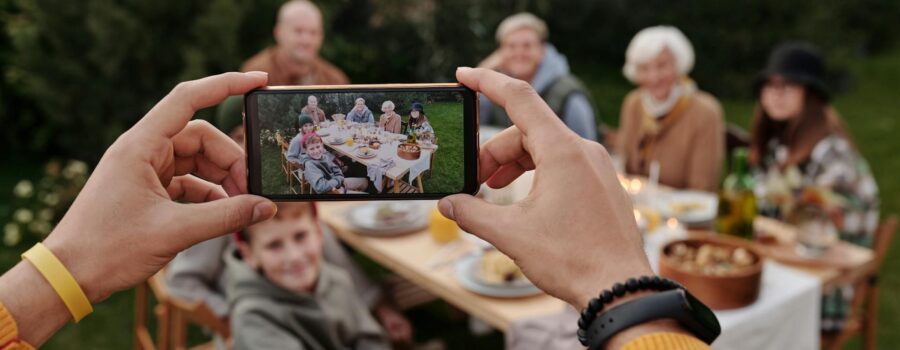A groundbreaking study from the University of Birmingham suggests that individuals have a surprisingly accurate sense of when their memories are reliable and when they’re not. The research, published in Communications Psychology, challenges long-held beliefs about memory recall and could have far-reaching implications for fields ranging from psychology to law enforcement.
The Blend of Specific and Generic Memories
Our memories are not always as precise as we might think. They often combine specific details with more general, ‘prototypical’ information. However, this new research indicates that we’re quite adept at recognizing when our brain is filling in gaps with this generic knowledge.
“We rely on our memories, particularly when they are of a one-off event, for example a birthday dinner,” explained lead author Dr Ben Griffiths. “But events that occur regularly, such as your commute to work, are streamlined by the brain to only retain the unique elements – some roadworks, perhaps, or a near-miss. The rest of the details are filled in from pre-existing knowledge.”
Testing Memory Confidence
The study involved over 200 participants who were shown objects in unusual colors, like a blue apple. After a brief distraction task, they were asked to recall the exact shade and rate their confidence in their answer.
Using machine learning, the researchers identified patterns in the responses, pinpointing the ‘prototypical’ shades people tended to choose when unsure of the exact color. Interestingly, participants’ confidence in their color selections decreased when their choices were closer to these prototypical shades.
This finding suggests that we have an innate awareness of when our memories are being influenced by generic information rather than specific recall. We can factor this knowledge into our assessment of how accurate our recollections are.
Dr Griffiths added: “When it comes to facial recognition, we know that people struggle to distinguish accurate memories from prototypes. We know less about how recollection of events can also be biased, but that is equally important when making decisions about how much to trust an individual’s recollection.”
The implications of this research extend beyond everyday memory recall. It could have significant impact in legal settings, where the confidence of eyewitness accounts plays a crucial role in court proceedings.
“Our research shows that people are actually quite good at knowing when their accounts are reliable and when they are influenced by their brain filling in gaps with generic information,” Dr Griffiths concluded.
As we continue to unravel the complexities of human memory, this study provides a compelling argument for trusting our instincts about the reliability of our own recollections. It suggests that when we feel uncertain about a memory, there’s likely a good reason for that doubt.
While further research is needed to explore the full implications of these findings, they offer a new perspective on memory recall that could reshape our understanding of human cognition and decision-making processes.


